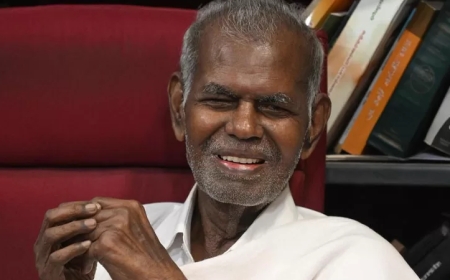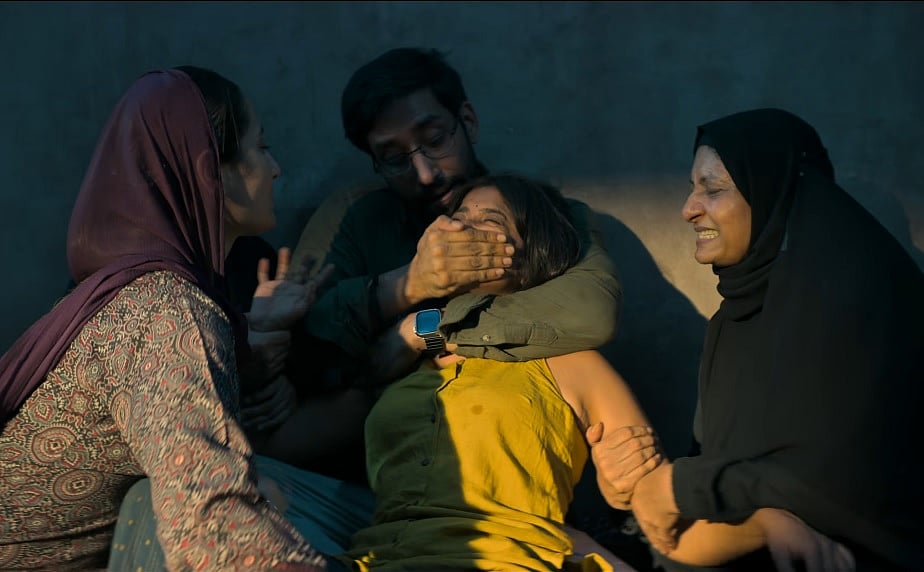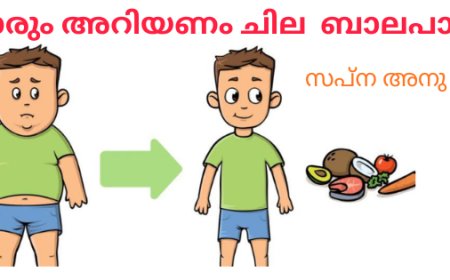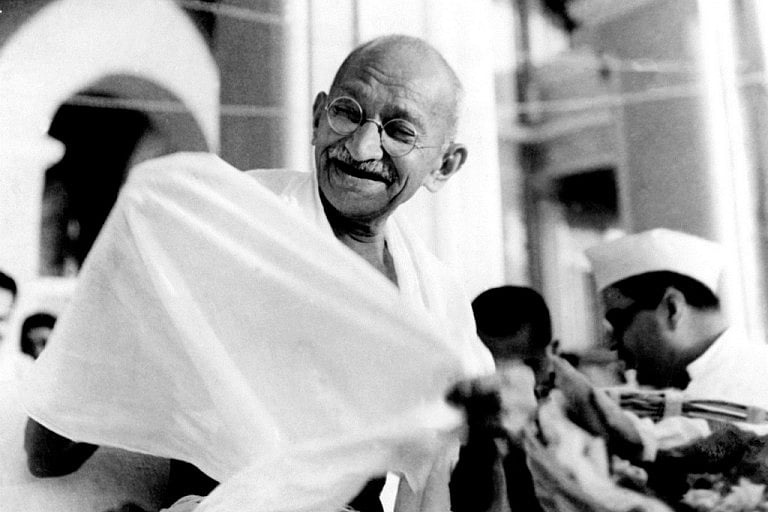Cancer vanished, tumours shrink - Promising news for patients

HOW soothing the news is for cancer patients! A short course of a virus therapy holds promise for those who are in great pain.
According to British scientists, a new type of cancer therapy that uses a common virus to infect and destroy harmful cells is showing big promise in early human trials. One patient's cancer vanished, while others saw their tumours shrink.
The drug is a weakened form of the cold sore virus - herpes simplex - that has been modified to kill tumours.
Larger and longer studies will be needed, but experts say the injection might ultimately offer a lifeline to more people with advanced cancers.
Krzysztof Wojkowski, a 39-year-old builder from west London, is one of the patients who took part in the ongoing phase one safety trial, run by the Institute of Cancer Research at the Royal Marsden NHS Foundation Trust.
He was diagnosed in 2017 with cancer of the salivary glands, near the mouth. Despite surgery and other treatments at the time, his cancer continued to grow.
"I was told there were no options left for me and I was receiving end-of-life care. It was devastating, so it was incredible to be given the chance to join the trial."
A short course of the virus therapy appears to have cleared his cancer.
"I had injections every two weeks for five weeks which completely eradicated my cancer. I've been cancer-free for two years now."
The injections, given directly into the tumour, attack cancer in two ways - by invading the cancerous cells and making them burst, and by activating the immune system.
About 40 patients have tried the treatment as part of the trial. Some were given the virus injection, called RP2, on its own. Others also received another cancer drug - called nivolumab - as well.
The findings, presented at a medical conference in Paris, show:
- Three out of nine patients given RP2 only, which included Krzysztof, saw their tumours shrink
- Seven out of 30 who had combined treatment also appeared to benefit
- Side effects, such as tiredness, were generally mild
According to lead researcher Prof Kevin Harrington, the treatment responses seen were "truly impressive" across a range of advanced cancers, including cancer of the gullet (oesophagus) and a rare type of eye cancer.
It is not the first time scientists have used a virus to fight cancer. The NHS approved a cold-virus-based therapy, called T-Vec, for advanced skin cancer a few years ago.
Dr Marianne Baker, from Cancer Research UK, said the encouraging findings might change the course of cancer treatment.
"Scientists discovered that viruses could help to treat cancer 100 years ago, but it's been challenging to harness them safely and effectively.
"This new viral therapy shows promise in a small-scale early trial - now we need more studies to find out how well it works.
"Research suggests that combining multiple treatments is a powerful strategy, and virus therapies like this one could become a part of our toolkit for beating cancer."
Cancer is a generic term for a large group of diseases that can affect any part of the body. Other terms used are malignant tumours and neoplasms.
One defining feature of cancer is the rapid creation of abnormal cells that grow beyond their usual boundaries, and which can then invade adjoining parts of the body and spread to other organs; the latter process is referred to as metastasis. Widespread metastases are the primary cause of death from cancer.
Key facts
- Cancer is a leading cause of death worldwide, accounting for nearly 10 million deaths in 2020, or nearly one in six deaths.
- The most common cancers are breast, lung, colon and rectum and prostate cancers.
- Around one-third of deaths from cancer are due to tobacco use, high body mass index, alcohol consumption, low fruit and vegetable intake, and lack of physical activity.
- Cancer-causing infections, such as human papillomavirus (HPV) and hepatitis, are responsible for approximately 30% of cancer cases in low- and lower-middle-income countries.
- Many cancers can be cured if detected early and treated effectively.
The recent findings are encouraging which will hopefully change the course of treatment leading to fewer deaths from cancer in future.




































































